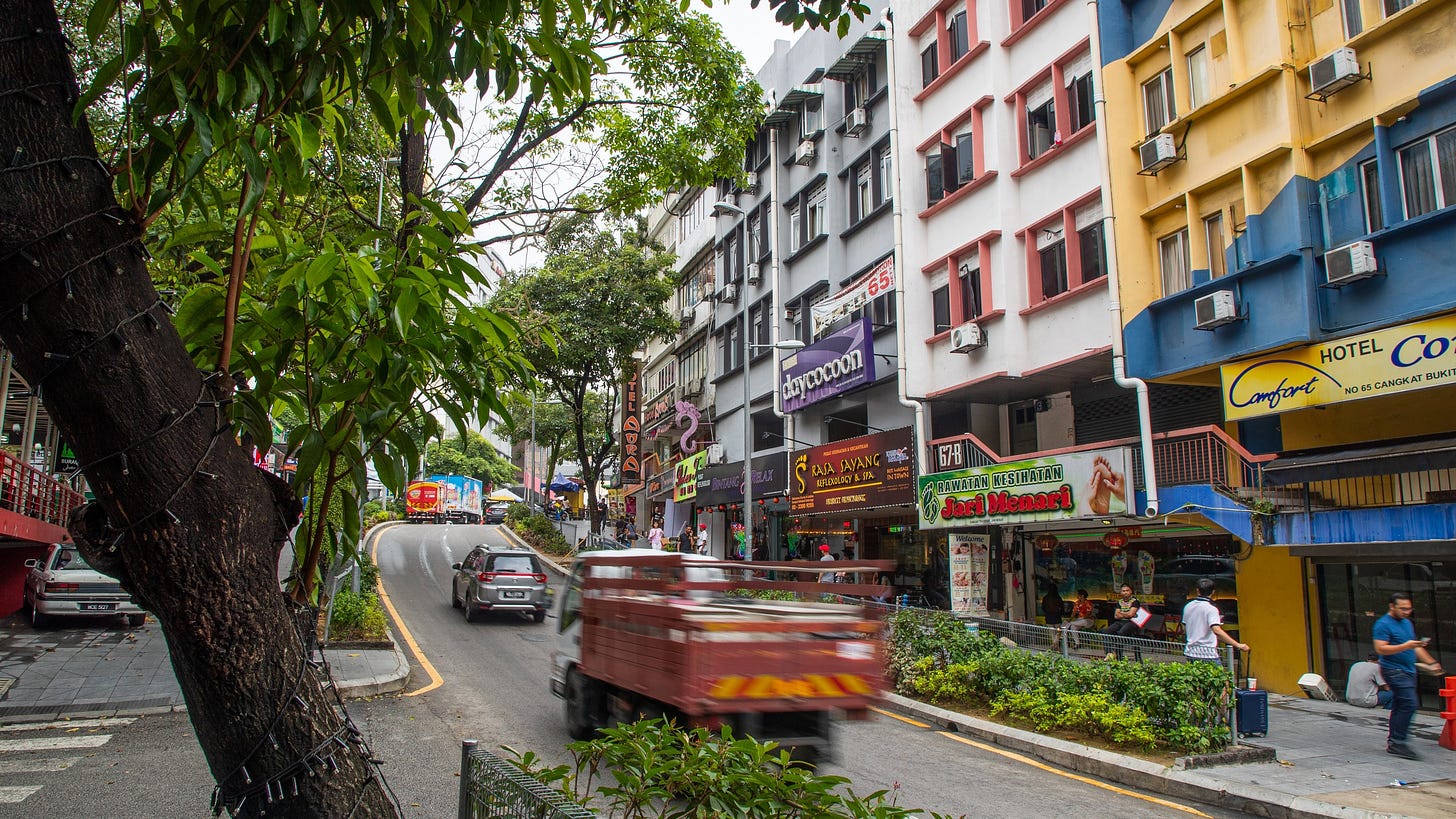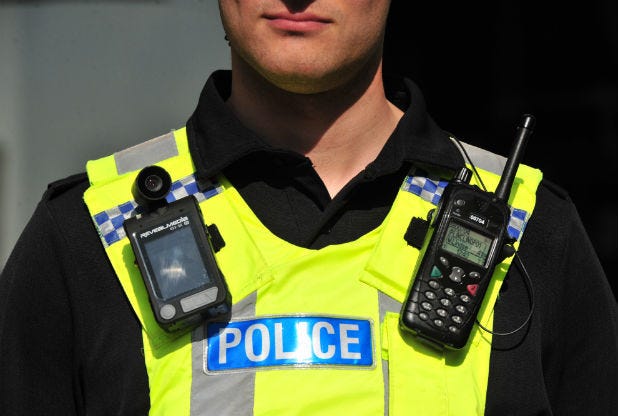
Murray Hunter
MAR 28, 2024
Who are the real victims?

A number of Thai massage therapists have come forward with horrifying stories of how they travelled to Malaysia to take up promised work in reflexology and massage parlours around the country. Some of them are being arrested in raids, put in jail and extorted for money after their arrival.
Working in Malaysia is a dream for some Thai massage therapists, who hope for higher salaries than what they can earn in Thailand. They usually make the journey across the land border at Bukit Kayu Hitam by bus or van to the major towns and cities on the peninsula. These therapists are recruited by the shop owners or by other therapists who are already working.
Many of them go through the border obtaining a one-month social visit pass. They are also unaware they will need a temporary work permit to work, and massage shop owners and managers rarely, if at all arrange proper legal documentation for them. Before the end of one month, the massage therapists must do a border run to get a new social visit pass stamp in their passports.
The lack of any work permit documentation makes the massage therapists vulnerable to extortion. Its well known within the industry that some rogue police, immigration, local government officers, and even RELA personnel will charge massage shop owners a fixed sum per therapist each month. However, should something go wrong, these rogue officers may raid the shop and take away the massage therapists to a lock-up.
The Thai massage therapists with limited command of English or Malay have no understanding of their rights under the law. They are intimidated and housed in poor conditions without any change in clothes, toiletries, or mattresses and pillows to sleep. Food is inadequate, and an overcrowded cell will only have one toilet in the corner for all to share without any privacy. They are not given any access to legal advice, or consular access to their embassy for assistance. They are not taken before a magistrate to make any orders concerning their detention.
The bottom-line for the detained Thais is a payment to the rogue officers of between RM 3,000-3,500 to gain release. If they are lucky, the Massage parlour owner will assist in order to gain the therapist’s release. However, there are stories of some being abandoned and destined to spend months in detention in a ‘legal limbo’.
Law alone doesn’t work
As far as massage parlour bosses are concerned, obtaining work permits for therapists is complex, time consuming and expensive. Often immigration qualification requirements don’t recognise the qualifications the massage therapists have. They must have recognized TVET college certificates. Most often the therapists have certificates from private institutions not recognized by the Malaysian government.
There is also a high turnover of workers, which discourages owners to make the effort. The workers themselves are mostly unaware of the seriousness of the offence of working without proper documentation. Workers mostly rely upon other workers for information.
If undocumented workers are caught in a raid, they are the ones punished. Most often to owners escaping their responsibility.
Local government regulations must be made, that if workers without proper documentation are found on a premises, the shop must be immediately shutdown until all matters are legally resolved.
Reflexology and massage shop owners must take the responsibility.
Prevention is an excellent strategy to prevent extortion by rogue officers.
All police should wear a body camera while on duty. This is not a new technology for police force use, which has been very successful fighting corruption in China. Sadly, the new amendments to the Police (Amendment) Act, while very quickly passing through parliament, had no provisions to introduce bodycams to enhance transparency. The absence of bodycams will continue to encourage rogue police to continue these types of extortion rackets against the marginalized victims of the massage industry.

No comments:
Post a Comment